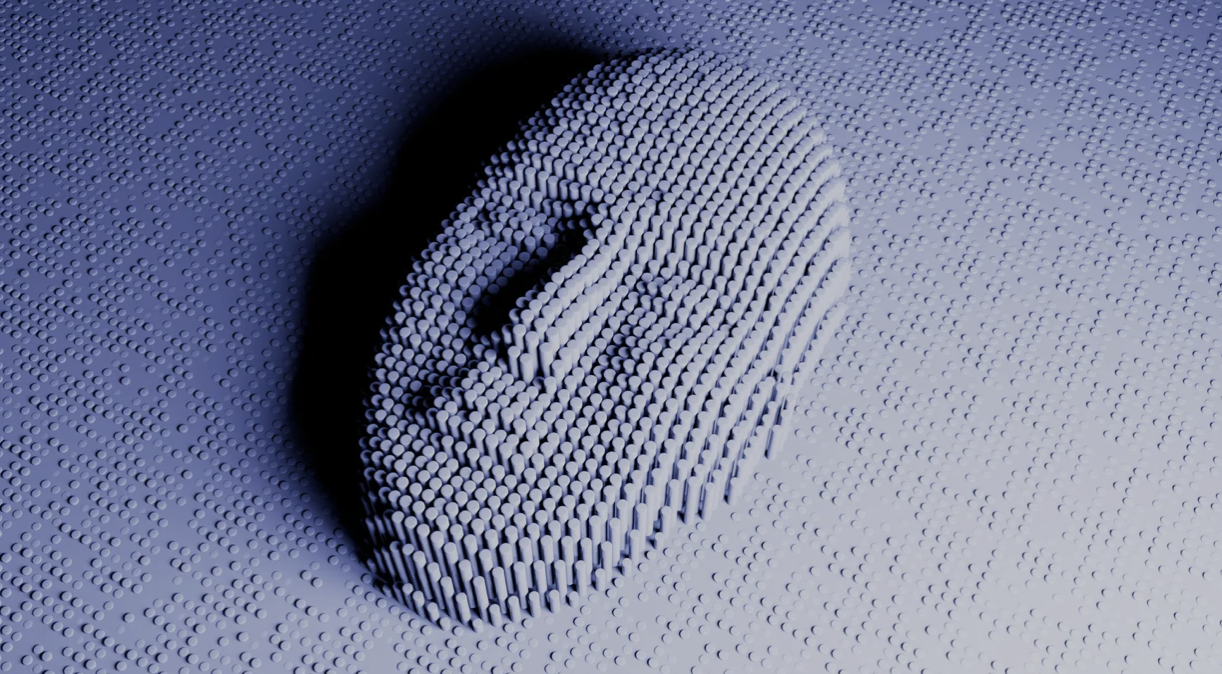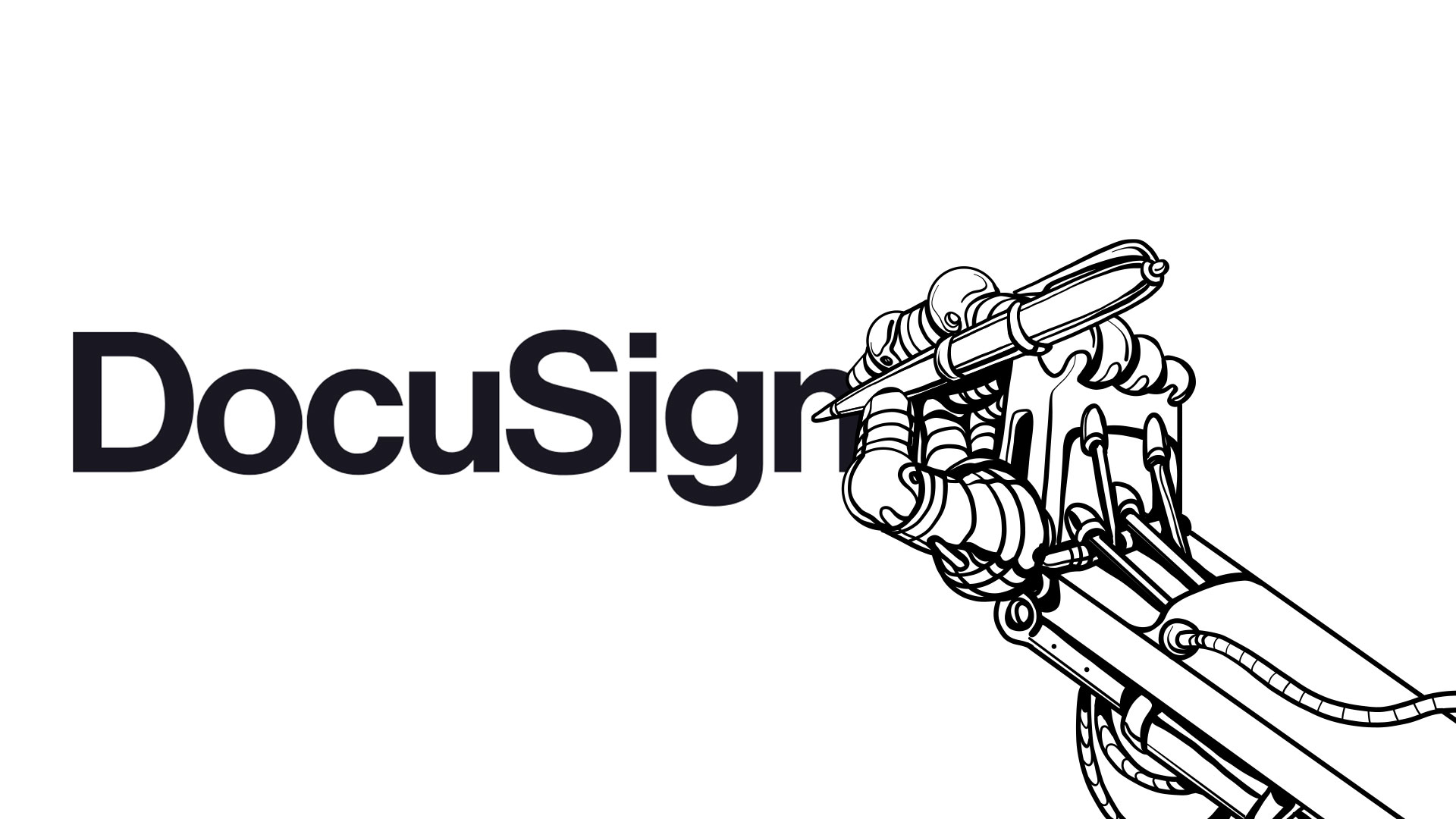WMG CEO Backs Protection for Artists Amid Deepfake Concerns

Warner Music Group (WMG) CEO Robert Kyncl has voiced support for providing artists and songwriters with ‘personality rights’ protection, which would allow them to take legal action against unauthorised deepfake tracks and chatbots using their names, images, likenesses, and AI-cloned voices. Speaking at the Code conference, Kyncl emphasised the need for such protection, comparing it to copyright safeguards. He acknowledged that it might take time to establish these protections but expressed a commitment to working collaboratively with distribution platforms to address the issue.
Kyncl’s stance aligns with recent developments in the United States, where politicians are preparing to introduce legislation to create a federal right of publicity, addressing the challenges posed by deepfake technology. While some U.S. states already have right of publicity laws, this proposed federal law aims to establish a consistent nationwide framework.
Drawing parallels with past challenges posed by user-generated content (UGC), Kyncl referred to his previous role at YouTube. He highlighted the similarities between the rise of generative AI and the growth of UGC, emphasising the need for thoughtful approaches to both. Kyncl emphasised the importance of ensuring that artists have a say in how their personas and creative works are used in the age of AI.
In his comments, Kyncl stressed that the music industry should learn from its experience with UGC, which became a significant revenue stream for content creators. He noted that AI, equipped with new advanced tools, presents similar opportunities and challenges. As technology evolves, Kyncl advocates for safeguarding artists’ rights while navigating the opportunities that AI presents.
The push for ‘personality rights’ protection is gaining momentum as artists and the music industry grapple with the implications of deepfake technology, which can create highly convincing audio and video content using AI algorithms. Such protection would empower artists to protect their identities and creative expressions in the digital age, ensuring they have a choice in how their personas are utilised.



